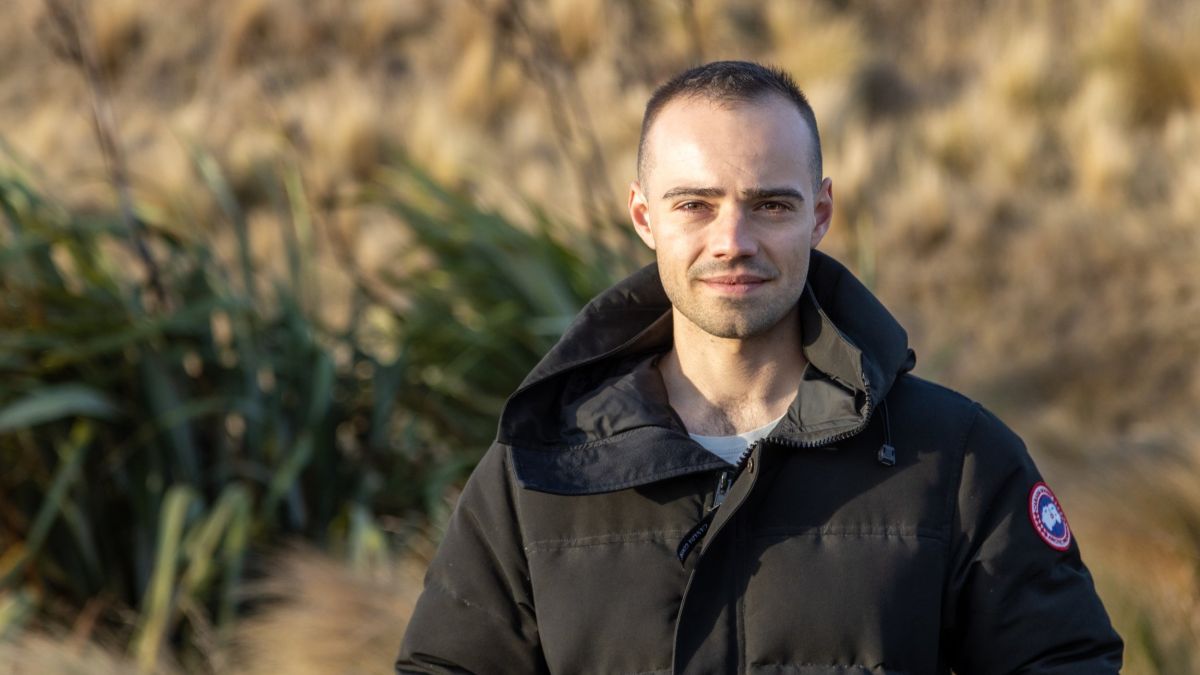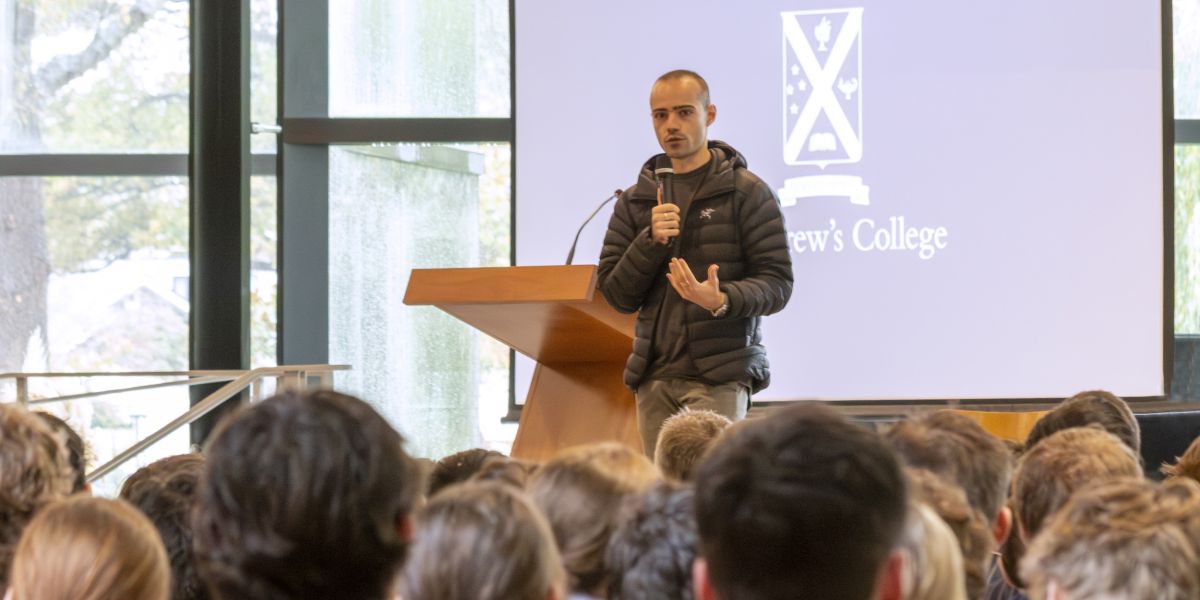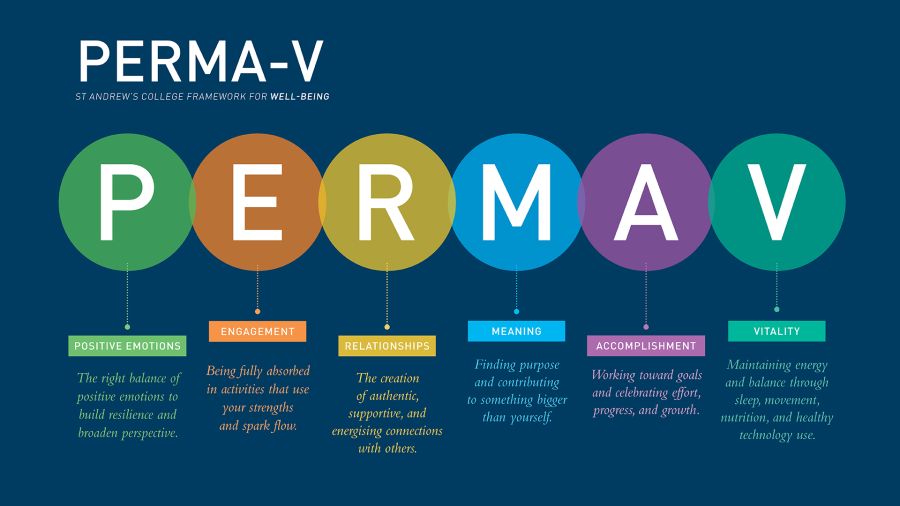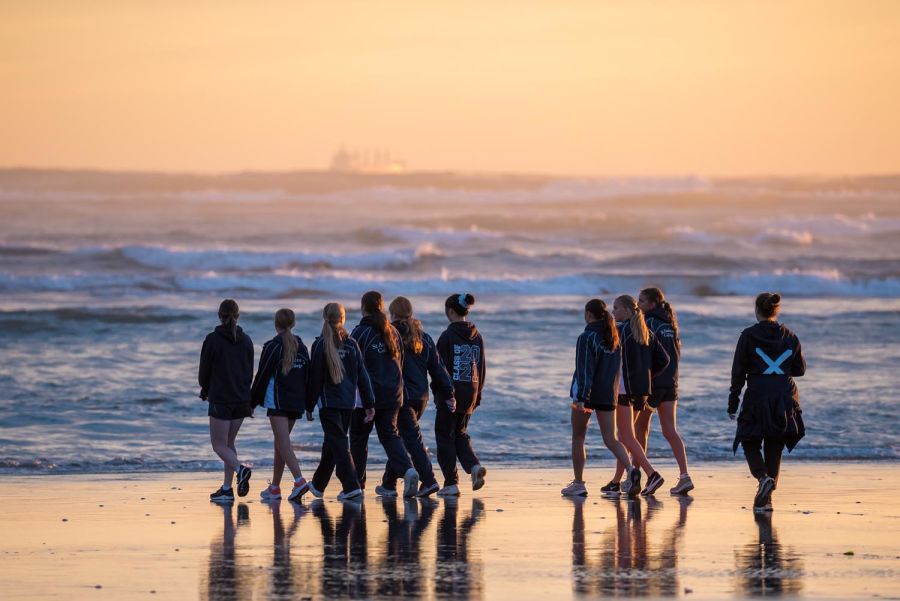Jake Bailey on Resilience
23 May 2023
Written by Head of Well-being, Kerry Larby
This week, our Year 8–13 students had the opportunity to be inspired by Jake Bailey. Jake is a skilled presenter who is passionate about teaching young people to be resilient. Through a seamless blend of personal storytelling, infectious humour, and solid research, Jake fully captured his audiences and made a significant impact on our young people. Even in my own classes this week, students have continued to reflect on and empathise with different facets of Jake’s journey.

Many Cantabrians will remember Jake’s moving story. It was 2015, as the Head Monitor of Christchurch Boys High School, and at the same age as many of our students, Jake was diagnosed with Burkitts Non-Hodgkin’s Lymphoma, one of the most aggressive cancers known to humanity. In the face of unimaginable odds, with a prognosis of just two weeks to live without treatment, Jake embarked on a battle that would test the limits of his resilience and determination.
During his presentation, he peeled back the layers of his experience, baring the raw emotions and revealing what kept him going. I felt very emotional when Jake reflected on the impact his diagnosis had on his parents, friends and loved ones, emphasising the pivotal role of human connection in navigating such extreme adversity.
After telling his inspiring story, Jake focused on providing students with four tangible evidence-based strategies that were most important in helping him build resilience. In this blog post, I will briefly share the four S’s Jake outlined with the students.
1. Slowing down
The first strategy focused on the need to slow down and break challenges down into smaller chunks. Jake described to students how the only way he could manage his long-term chemotherapy treatment plan was to focus on one day at a time. Research tells us that by thinking small thoughts and taking small actions, we circumnavigate a flight response in our brain and can make progress. This could be as simple as writing a list, setting small goals or focusing one hour or one day at a time.
2. Salvaging
Salvaging is about looking for the good no matter how tough the situation, and could simply be about appreciating or looking forward to the small things. Jake bought this to life by explaining how despite his life feeling at rock bottom whilst in hospital, he still had things to be grateful for: his family and friends visiting and the thought that things could only get better from here. Realistic optimism is about combining a focus on the positive alongside an honest assessment of the challenges ahead.

3. Streamlining
This strategy emphasises the importance of being aware about where we focus our mind when coping with adversity. With a natural negativity bias, it is easy to ruminate and worry when our life feels uncertain. Jake reminded students that overtime, constant worrying will rewire neural pathways in the brain making us less able to problem solve. To counteract this, it is important to build 60–90 minutes a day where the brain is worry-free and can experience a state of flow. Jake reminded students that worry-free time will mean different things to different people, be it exercise, reading or time with friends.
4. Standing alongside
Jake’s last strategy acknowledges the key role that relationships play in helping us overcome challenges. In his own words, “You don’t want to climb mountains alone.” When reflecting on his own story, Jake felt his support network was instrumental in helping him overcome his battle with cancer. Not only could he share his burden but also problem solve with others. He reminded our students that one of the key purposes they should focus on at this stage in their lives should be to go out and create support networks whether that be through family, friends, school, sports clubs, or churches.
Jake has been in remission for seven years now and during that time has presented his powerful message to over 80,000 people around the world. This journey from a life-threatening diagnosis to a life dedicated to inspiring others is a testament to the power of the human spirit. By reflecting on his message and the four strategies he shared, students were reminded that resilience is a skill that can be nurtured and developed no matter the challenges they are faced with.
How can you apply Jake’s four strategies to your own life when navigating the inevitable challenges we all face?
Related Posts


